Pop Matters
Let Freedom Ring
Thinking inside the box has never been Chuck Prophet’s strongest point, and that’s a good thing. The last few years have found Prophet hipping the traditional-leaning Kelly Willis on tunes by Adam Green and Iggy Pop, and adding some razor sharp bite to Alejandro Escovedo’s latter-day career revival. Prophet’s latest release, Let Freedom Ring, is a bit of a mixture of Willis’ Translated from Love and Escovedo’s Real Animal. It’s got the surprising element of hearing a well-established artist take on some surprising new textures of the former, and the reignited spark of snarling punk energy of the latter. What Let Freedom Ring has in spades—and perhaps what was missing from the two previously mentioned releases—is a real thematic coherence, in both the narrative of the album and in the overall production.
The title of the album should be enough to give away the material on the record, but that’s a bit misleading. Prophet’s latest release isn’t a finger to the American government (that wouldn’t make sense for Prophet, now that Bush is gone), nor is it a call to arms for bi-partisanship or a hymnal to President Obama (looking at you, Mr. Springsteen). The fact that Prophet holed up in Mexico City for the recording of the album should lend some subtext, and Prophet himself said the record was a collection of “political songs for non-political people”. In other words, it’s the album that Green Day probably wanted to make with their 21st Century Breakdown. That is, an album that speaks to the masses of disenfranchised people who felt the Bush Administration let them down, even if they couldn’t exactly articulate that emotion in anything other than rage and questions that remained unanswered.
Of course, Prophet isn’t a populist, per se. He’s not going for John Mellencamp territory, though Freedom’s highest points rival Mellencamp’s populism at its zenith. And Prophet isn’t trying to be a political spokesperson—he’s a musician and he knows it, but he always knows that real music has the power to move masses, and he grabs that idea and heads to the hills with it on Freedom. Themes of depression, hope, faith and determination pop up all over Freedom and give the album a real scope of focus. There’s not an obvious narrative to follow (not in the American Idiot or Allison Moorer’s The Duel way), but the repeating imagery and ideas lend Prophet a thematic heft.
“Sonny Liston’s Blues” kicks off the album with a riff lifted from Keith Richards’s songbook, while Prophet weaves his tale of a middle-class man facing his last few hours before the supposed justice system ends his life. The opening track recalls Esccovedo’s tune “Paradise”, in both the sad, fleeting-but-daring vocal performance and the spot-on lyrics, detailing the simplicity of a relationship the narrator can’t seem to give up (“What I’m trying to tell you / Is how much I loved you / How much I loved you in that dress / And the way the light bounced off your hair”). A similar theme of lost loved ones follows in “What Can a Mother Do”, which features a lovely harmony vocal and stellar fiddle part from former Nickel Creek member Sara Watkins. The song is a country shuffle that compliments the way Prophet closes his syllables during the verses. “What Can a Mother Do” is sentimental and well written, without ever coming off as saccharine or trying to milk out a certain emotion from the audience. In that sense, it makes a nice partner to Bruce Robison’s “Traveling Soldier”.
It speaks to the breadth of Prophet’s talent that he can so easily move from a traditional-leaning number like “What Can a Mother Do” to a more punk-leaning up-tempo number like the ferocious “Where the Hell Is Henry”, which features the terrific couplet “Henry worked the room like a Kennedy, son / He’ll make you feel like family before he’s done” that manages to be both sarcastic and genuinely respectful with its backhanded compliment. Prophet’s most overtly political moment comes from the title track, which opens up with “Let there be darkness, let there be light as the hawk cripples the dove” and rips apart the idea of the free market: “Let there be markets, let ‘em run wild as the sisters of mercy just laugh”.
Prophet is able to successfully channel the fear, anger, and worry many citizens faced and continue to face during the turmoil American is currently in without ever sounding like he’s trying to do so. The difference between Prophet’s album and Green Day’s album is that Prophet doesn’t try to be the voice of a movement; he’s just a guy writing songs that reflect the emotion of a large group of people, making him the less-apparent heir to the likes of Dylan and Guthrie.
It also speaks to the talents of Prophet as a songwriter and producer that not one song is wasted or mishandled. From the soulful “You and Me Baby (Holding On)” to the slow burning “Barely Exists”, not a single note is misplaced. Prophet and co-producer Greg Leisz have found ways to take individual elements—like Watkins’s first-rate fiddle work or James DePrato’s smoldering guitar lines—and add them to the coherence of the album’s overall sound without calling too much attention to them or taking focus away from Prophet’s phenomenal batch of songs. And what a batch of songs; Prophet has used his keen eye for detail to incorporate a swipe at corporate America (“American Man / With a gun in his brain / On a blood-stained sheet / In the Macy’s parade”) on “American Man” and then turn around and use the imagery produced by the American media (“Now that kid might grow up to play symphony or be the next LeBron James”) on “Barely Exists” to further broaden his message. He also manages to use a childish rhyme like “Jack be nimble, Jack be quick, Jack he got his candlestick” without sounding immature on “Good Time Crowd”.
Between his top-notch previous albums and his work with other artists, Chuck Prophet had already developed a superior artistic cache before Let Freedom Ring, but this is hands down his best work. Freedom is the album Green Day wish they could have recorded, and is a contender for one of 2009’s best albums.
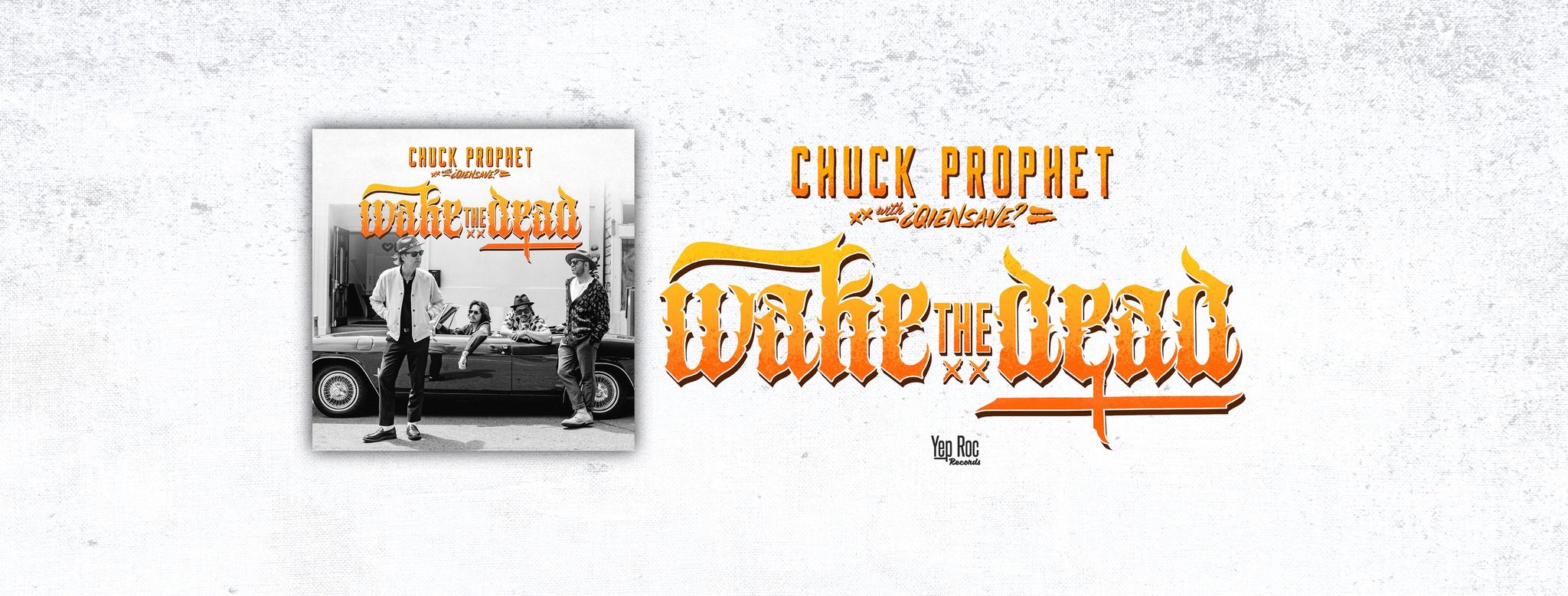

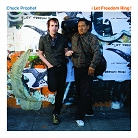



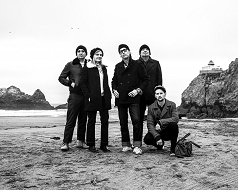
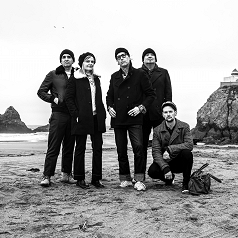
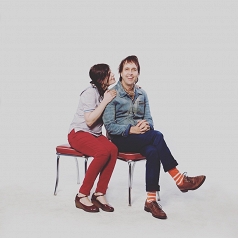
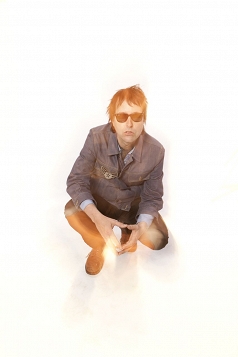

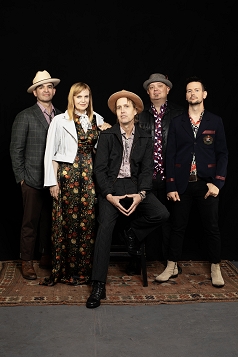
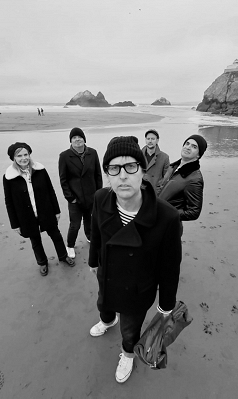
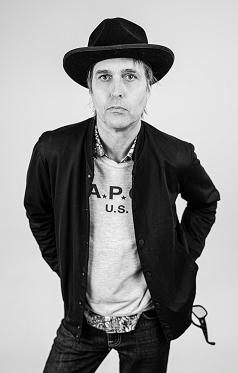
3_238_159auto_s_c1.jpeg)
